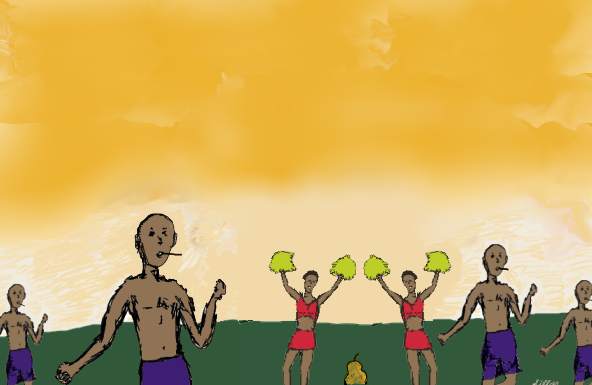How are the Juries’ verdicts influenced by their individual dispositions and by their working together? Explain with examples from Pakistani Society. It is impossible for a single juror to comprehend all of the facts, events, and nuances contained in a courtroom case presentation. No matter how intelligent or experienced a juror is in making important decisions, every juror, like every person, has limitations. For example, individual jurors engage in a variety of coping mechanisms which “filter” information and shape perceptions so as to create understanding and comfortable feelings and to minimize dissonance. Individual jurors are also limited in their decision making abilities by varying emotional reactions, differing assessments of attribution, varying intellectual capacities, varying abilities to recall, differences in cultural views and sensitivities, widely varying life experiences, and many other factors. As a result, jurors construct different stories or assessments of court cases even though every juror was exposed to […]
Norms, Folkways, Values and Groups
Explain the following terms with your own examples. a) Norms b) Folkways c) Values d) Groups a) Norms: Social norms are described by sociologists as being laws that govern society’s behaviors . Although these norms are not considered to be formal laws within society, they still work to promote a great deal of social control. Social norms can be enforced formally (e.g., through sanctions) or informally (e.g., through body language and non-verbal communication cues.) If people do not follow these norms then they become labeled as deviants and this can lead to them being considered the outcast of society. What is considered “normal” is relative to the location of the culture in which the social interaction is taking place. Norms in every culture create conformity that allows for people to become socialized to the culture in which they live. Sociology’s theorists such as Talcott Parsons and Karl […]
Role of Groups in Mass Communication
Do you think a person’s group influence his / her attitudes and behaviours? Discuss the role of groups in mass communication. Groups as Instruments of Change: Because of the power of social influence, groups can sometimes be used as agents or instruments of change. Group structure and group dynamics are very much a part of the process at work in organizations such as Alcoholics Anonymous, Weight Watchers, and some groups that help people to stop smoking. Thr principles of group norms and group pressure can often be seen at work in these kinds of efforts. Alcoholics Anonymous, for instance, has a group norm that permits and encourages people to talk about their problems with alcohol. This is a reversal of the norm in the culture at large, which discourages talking about an individual’s alcohol problem and almost makes such discussion a taboo. AA members also share other norms, such […]
